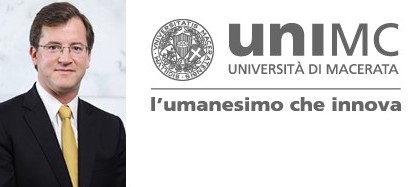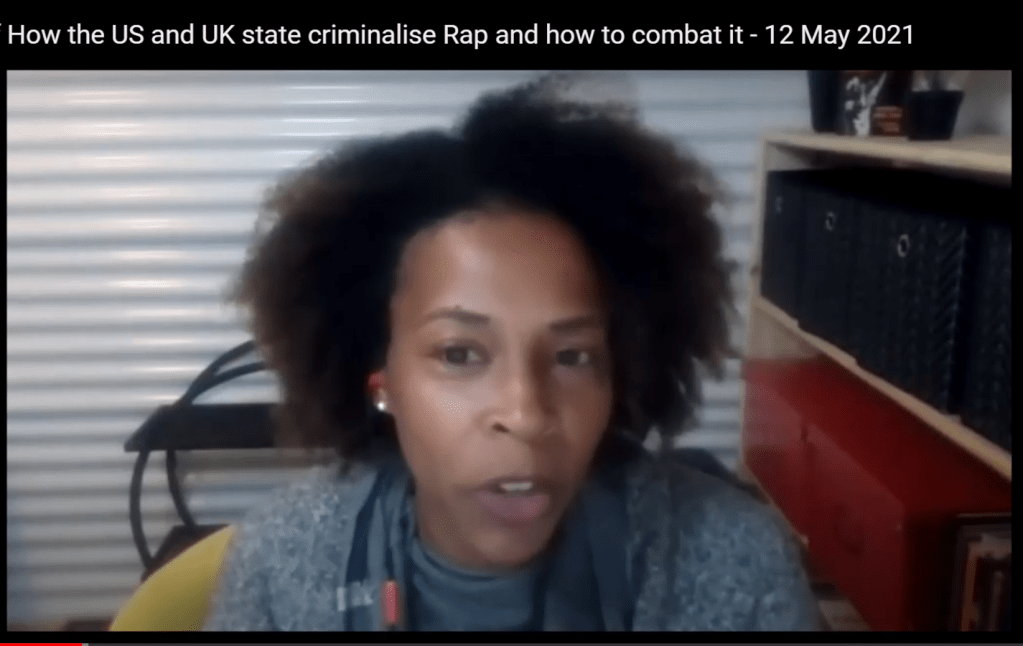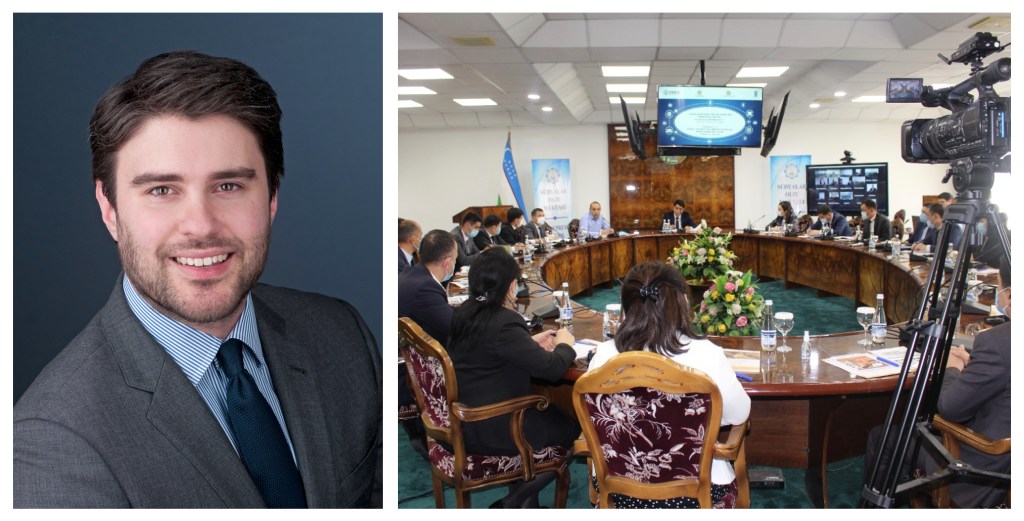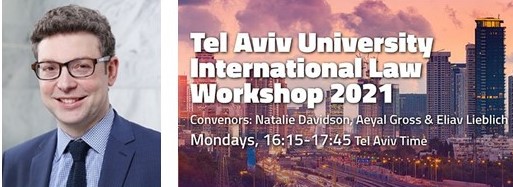
Diane Marie Amann, the Emily & Ernest Woodruff Chair in International Law and Dean Rusk International Law Center Faculty Co-Director here at the University of Georgia School of Law, has published “On Command,” her contribution to a Temple International and Comparative Law Journal symposium issue.
The symposium took place in February 2020, just before the coronavirus lockdown, at Philadelphia’s Temple University Beasley School of Law. It brought together a dozen experts to comment on galley proofs of Justice in Extreme Cases: Criminal Law Theory Meets International Criminal Law, a book written by Darryl Robinson, Professor at Queen’s University in Canada, and issued later that year Cambridge University Press.
Amann took up the question of command responsibility, an issue on which she also has published at EJIL: Talk! and ICC Forum. The SSRN abstract for this essay states, in relevant part:
By reference to the Lieber Code and other sources, this essay emphasizes the history of responsibility underlying the doctrine of command responsibility, and further criticizes developments that seem to have intermingled that doctrine with what are called “modes of liability. The essay urges that consideration of commander responsibility stand apart from other such “modes,” and cautions against a jurisprudence that raises the risk that, before fora like the International Criminal Court, no one can be held to account.
The “On Command” essay is available here; the full symposium issue, also featuring contributions from Robinson himself, as well as Elena Baylis, Alejandro Chehtman, Caroline Davidson, Randle DeFalco, Margaret M. deGuzman, Alexander K.A. Greenawalt, Adil Ahmad Haque, Neha Jain, Mark Kersten Jens David Ohlin, Milena Sterio, and James G. Stewart, is available here.








